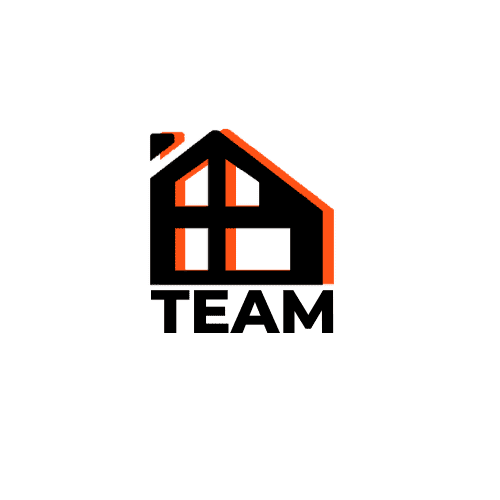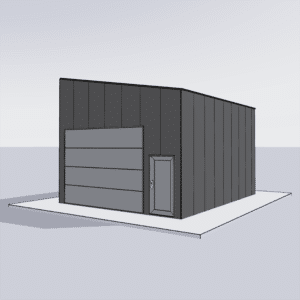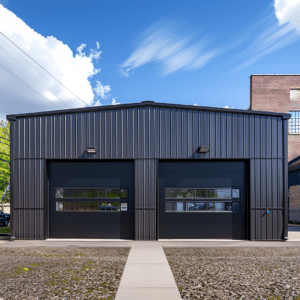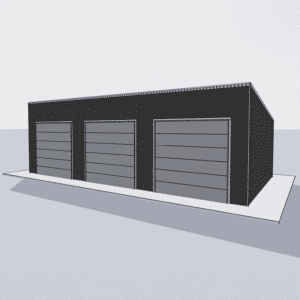In the whirlwind of emotions and decisions, the excitement of buying a new home often overshadows one critical step: a comprehensive home inspection. Picture this: you’ve found your dream house, nestled in a perfect neighborhood. But is it all it seems? That’s where home inspection for buyers becomes a non-negotiable safeguard. By ensuring that your potential new home is structurally sound and hazard-free, you can avoid potential pitfalls that may not be immediately visible. Let’s delve into the essential processes you should tackle before signing on the dotted line, so you can rest easy knowing you’ve made an informed decision.
The Importance of a Home Inspection
The phrase “It’s what’s on the inside that counts” couldn’t be more apt than in the realm of real estate. While a house might present its best face during open houses and viewings, it could be concealing secrets that could prove costly. A home inspection allows buyers to peer beneath the surface and identify any hidden problems. It is crucial in ensuring the physical condition of the home aligns with the price tag. The objective evaluation by a proficient inspector can uncover issues involving the foundation, roof, electrical systems, plumbing, and more, ultimately saving you from unexpected headaches down the line.
Key Areas of Focus During Inspection
Embarking on a home inspection involves scrutinizing various aspects of the property. Some of the critical zones include:
1. **Structural Integrity**
– **Foundation:** Look for cracks, shifts, or water damage that might signify underlying issues.
– **Roof:** Determine if the roof needs repairs or replacement. Inspect for leaks, missing shingles, or sagging areas.
2. **Electrical Systems**
– Ensure the wiring is up to code and all electrical outlets are functioning. Faulty wiring can pose fire hazards and contribute to energy inefficiency.
3. **Plumbing**
– Check for leaks in pipes and taps. Make sure toilets, sinks, and tubs drain efficiently without leaks or blockages.
4. **HVAC Systems**
– Evaluate the operation of heating and cooling systems. Consider the age and condition of furnaces, water heaters, and air conditioning units.
Beyond the Basics: Looking at Overall Conditions
While technical aspects of the home are critical, don’t forget to pay attention to what your senses tell you. Does the house emit odd odors? Are there visible patches of mold, or is there any funky business going on with the paintwork? Even your nose and eyes can be powerful tools in inspecting a property.
Additionally, consider the external factors such as the condition of the garage or how well the property grounds have been maintained. Sometimes, the outer trappings reflect hidden issues within. Learn more about dealing with construction delays and how they can affect overall timing and completion of these aspects by checking this detailed guide.

The Role of Professional Inspectors
You might feel confident about your DIY inspection abilities, but don’t underestimate the value of hiring a professional home inspector. Their trained eyes spot what often goes unnoticed. Consider it an investment in peace of mind. While some buyers view it as an unnecessary expense, a comprehensive inspection can actually be a deal maker or breaker. Professional insights can affordably sway your decision, offering either reassurance or cause for renegotiation with the seller.
Understanding Inspection Reports
Once the inspection is complete, expect to receive a detailed report outlining any defects or issues, as well as recommended actions. Think of this as your homeowner’s blueprint for any upcoming repairs or maintenance. Prioritize the critical issues and consider whether they are reasonable to ask the seller to address or merit renegotiation on price. For more substantial repairs, consider partnering with experienced construction firms that specialize in residential construction to address larger undertakings efficiently. Visit Your Building Team’s Residential Construction Services for experts in the field.
Negotiation Leverage: Harnessing the Findings
Creating a strategy with the information from the inspection isn’t just wise—it’s necessary. Uncovered issues can provide leverage to negotiate a better deal. This could involve the seller addressing necessary repairs, offering a discount, or covering closing costs. Having the inspection report in hand gives you the upper hand and ensures any needed interventions are conducted before they mushroom into more significant problems after purchase.
Wrapping Up the Home Inspection Journey
In conclusion, conducting a thorough home inspection before buying is not just a formality but a critical step in the home-buying process. It informs you whether the cozy abode you’ve selected aligns with your expectations and financial investments. Leveraging the findings to negotiate better terms can sometimes equate to significant savings, both upfront and in future upkeep costs. Remember that a home inspection is your insurance policy against unseen pitfalls, turning a daunting task into a structured homebuying advantage.
If you are considering constructing, whether as an alternate to your house purchase or supplement as an add-on, be sure to explore options like metal building systems in Ontario for robust and versatile solutions. Lastly, whether gathering comparative insights on homes or understanding market trends and valuations, websites like Zillow can provide valuable context and direction in your search.
With these steps and strategies, a structured home inspection not only demystifies the structure but equips you with the knowledge to embrace home buying confidently and decisively.










